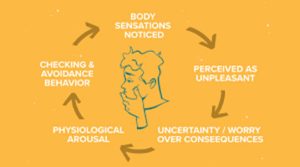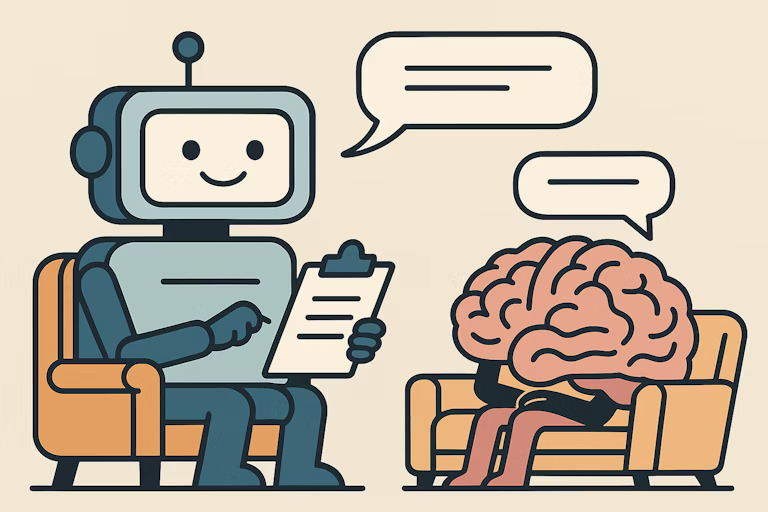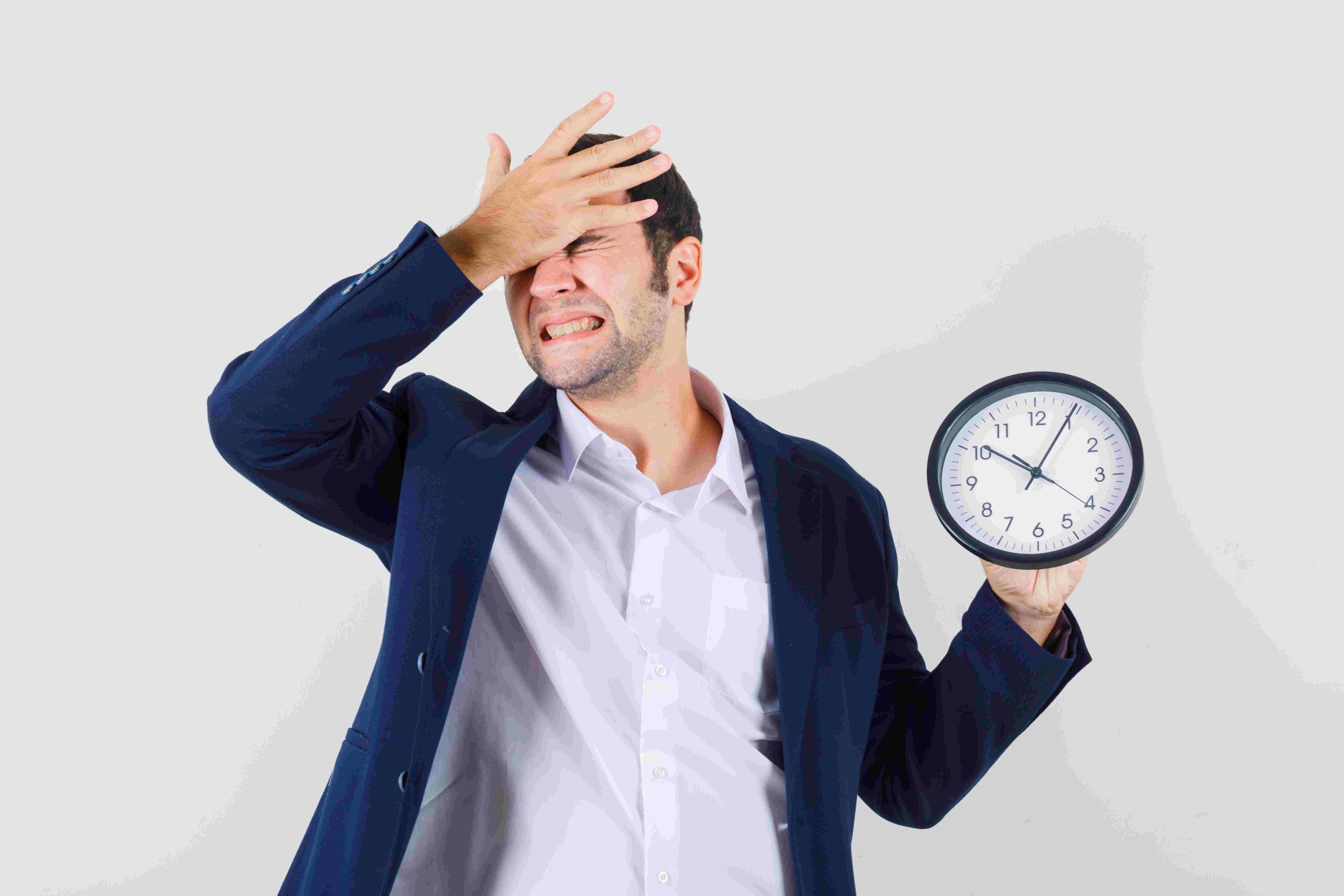Health Anxiety ( Hypochondria)

Health anxiety is an obsessive and absurd fear of developing a major medical illness. It is also known as illness anxiety and was formerly known as hypochondria.This illness is defined by a person’s imagination of physical signs of illness. In other cases, it’s a person’s misinterpretation of minor or common physical sensations as serious sickness symptoms, despite medical experts’ reassurance that they aren’t sick.For example, having a headache, stomach ache, breathing issues,etc and interpreting it to be a huge illness despite the doctor’ assurance that you are not sick.
For example:


In health anxiety, you’ll feel extreme distressed with your psychosomatic symptoms despite the negative medical physiological test results and assurance by doctors about you having no physical symptoms. But this condition is more than just being concerned about one’s mental health.

The Cycle of Health Anxiety.
It has the potential to negatively impact a person’s :
- quality of life as well as their ability to work,
- function everyday or create and
- maintain relationships
WHICH MAKES IT IMPORTANT TO SEEK HELP!
Health anxiety can start at any age , but most common development is during adolescence or young adulthood.
Several factors causing people to develop health anxiety are:
- genetic predisposition,
- experience of trauma,
- Death or serious illness of loved ones,
- physical health issues,
- Overthinking about one’s health from a young age or generally having an anxious
temperament.
Health anxiety experiences can vary on the basis of severity of anxiety.
The symptoms of health anxiety are usually misinterpreted by individuals referring it to as a serious physical health illness.
The Physical Symptoms of health anxiety includes:
- Increased heart rate
- Upset stomach or nausea
- Sweating
- Trembling
- Heart palpitations
- Shortness of breath
- Dizziness or faintness
- Muscle tension
Psychological symptoms of health anxiety includes:
- Relatively constant state of worry of you being ill or becoming ill
- Preoccupation with a certain condition
- Belief that physical symptoms are signs of a serious condition
- Not trusting the medical tests or professionals and worrying that they might have
missed something - Regular physical checks and gathering health information
- Impact of anxiety of daily life, for example- less social outings or less
productivity at work - Always asking for assurance from others that you’re not unwell
- Intrusive thoughts or images
Since heath anxiety can affect your mood and how you see yourself and others, it’s fairly common for those who suffer it to become depressed.




